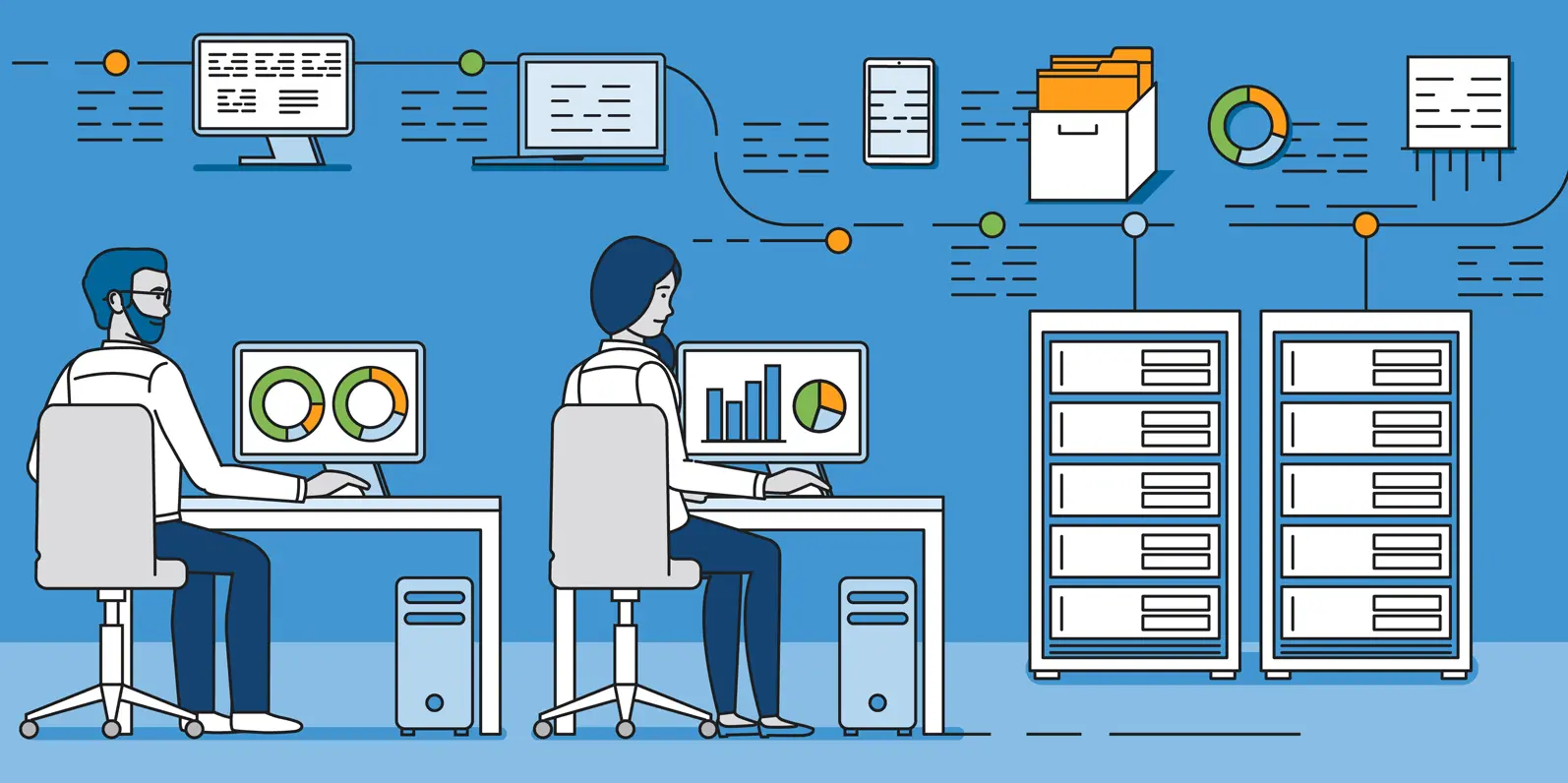The play is leveled down with AI. Big businesses can no longer be said to be using AI only. Even small firms can use AI to streamline operations, improve the customer service experience, or increase efficiency with intelligent tools such as machine learning, automation, and data analytics. Many small businesses also lose opportunities because they fear AI. The myths created by AI scare them. Here, we will discuss practical AI applications for small businesses, debunk common myths, and provide actionable adoption tips.
AI Applications for Small Businesses
AI can be applied in almost every area small businesses work in either to simplify complexity or, even better, to improve decision-making skills. As a reminder, here are some of the most effective ways through which small companies can apply AI to their operations:
1. Customer Service Automation
Perhaps the most frequent utilization of AI in small businesses is customer interaction through automation. AI chatbots can be applied to answer repetitive questions, manage bookings, and order, among other functionalities. Accelerating the response time reduces the time spent replying and minimizes the customer’s frustration.
AI chatbots, developed through machine learning development, learn from earlier customer interactions and improve their accuracy over time. They are quite efficient and, in some cases, require only intervention on standardized queries.
2. One-to-One Marketing
This has also changed the way business organizations present marketing to their clients. Using AI tools, one could study customers’ behavior, preferences, and what they may have bought in the past to undertake tailored marketing campaigns for small businesses with fewer resources.
Whereas generic marketing can reach drastically from broad exposure, it may do little more than hope to turn a demographic with specific interests or needs into customers for a business.
Customized marketing, on the other hand, may have a better chance of conversion as far as turning customers into buyers. Advanced data analysis tools can only be implemented through ML consulting services, which gives a business very precise insight into its target audience.
3. Inventory and Supply Chain Management
AI can predict demand trends for a small business and thereby help with better inventory management. Machine learning algorithms analyze sales data history and other external factors, including changes in season or even economy shifts, enabling businesspeople to make more intelligent decisions about what to stock up on.
Such companies can use AI to track supplier performance, identify potential delays, and adjust procurement strategies. This would ensure a smoother operation with reduced waste and, therefore, increased cost-cutting in the long term.
Implementing AI solutions, explicitly using machine learning development, allows predictive analytics crucial for efficient supply chain and inventory management.
Debunking Myths About AI in Small Businesses
Although the benefits are apparent, some myths about AI adoption persist that should prevent small businesses from reaping full benefits from this technology. Some of these common myths are briefly addressed below:
1. Artificial Intelligence is Expensive
The most egregious myth is that AI is solely suited for big corporations with large budgets. That’s largely true because some of the more sophisticated AI systems can get pretty pricey; however, highly scalable AI solutions also make it possible for businesses of any size to access these services, not to mention cloud-based AI services that use highly cost-effective pay-as-you-go models.
Further, ML consulting services will help small businesses choose the right AI tools to meet their needs and budget requirements. These services will provide consulting expertise to reach cost-effective and scalable solutions without huge up-front investments.
2. AI Will Replace Human Jobs
It also gives the impression that the adoption of AI will result in job losses. In most cases, however, AI aids work; it often delegates rather than replaces. By automating repetitive and mundane duties, employees will be free to work on more complex and creative tasks.
Through machine learning development, businesses can reinforce human functions by offering tools that augment decision-making and efficiency in operations. Instead of treating AI as a threat, the small company might regard it as a force to work for its employees.
3. AI Is Only for Tech-Savvy Businesses
Although dependent on complex technology, you don’t have to be a tech company to enjoy its benefits. Most AI applications have user interfaces that require minimal to no technical expertise; small retail, hospitality, and healthcare businesses will easily add AI solutions tailored to their specific needs.
With ML consulting services, a small business can quickly source the guidance and support needed to integrate AI tools without requiring a deep technical background.
Tips for Embedding AI Into Your Small Business
When you feel ready to implement AI into your small business, you must do so strategically. Here are some tips that will guide you through the adoption process smoothly with AI:
1. Establish Business Needs
It would call for analysis of how it could benefit your enterprise, but the areas start with repetitive practices or problems that take up much time or resources.
For instance, an AI-based chatbot might reduce the burden of information coming your way that floods your customer service team with frequent inquiries. If managing your inventory is getting too complex, AI-based predictive analytics can help you optimize the levels of stocks you should hold.
2. Go Small, Scale Fast
You don’t have to implement the more complex AI systems all at once. Instead, begin with a single AI tool directed at a specific business problem. There, you can pilot the technology, understand its effect on your business, and adjust before rolling it further.
You can begin automating your contact with customers’ chatbots, then apply AI incrementally through marketing or your supply chain. Indeed, starting small reduces risks while gaining valuable experience with AI systems.
3. Leverage the expertise of others
Of course, one thing is granted: you do not need to go through this alone. You can team up with AI specialists or consultants who will provide specific recommendations for your business needs. Experts support you in choosing the right tools, setting them up smoothly, and helping train your staff on how best to use AI in their applications.
ML consulting services can help small businesses implement AI by providing expert advice on which AI solutions would yield the greatest return on investment.
4. Train Your Staff
AI is more than just a new technology. It requires staff training to work side by side with such AI tools. Ensure that your employees understand what benefits they will get from AI and train them properly on operating systems.
Employees’ attitudes toward AI can also be one factor determining whether they will welcome the change. If your staff perceives that AI is coming to augment their job rather than replace them, you will have fewer grievances. Training programs are essential in addressing their concerns and making them feel more comfortable with integration in general.
Following the principles given in this blog, small businesses can then begin their journey toward embracing AI, which can be a game-changer for them, from customer care services to streamlining supply chains.




